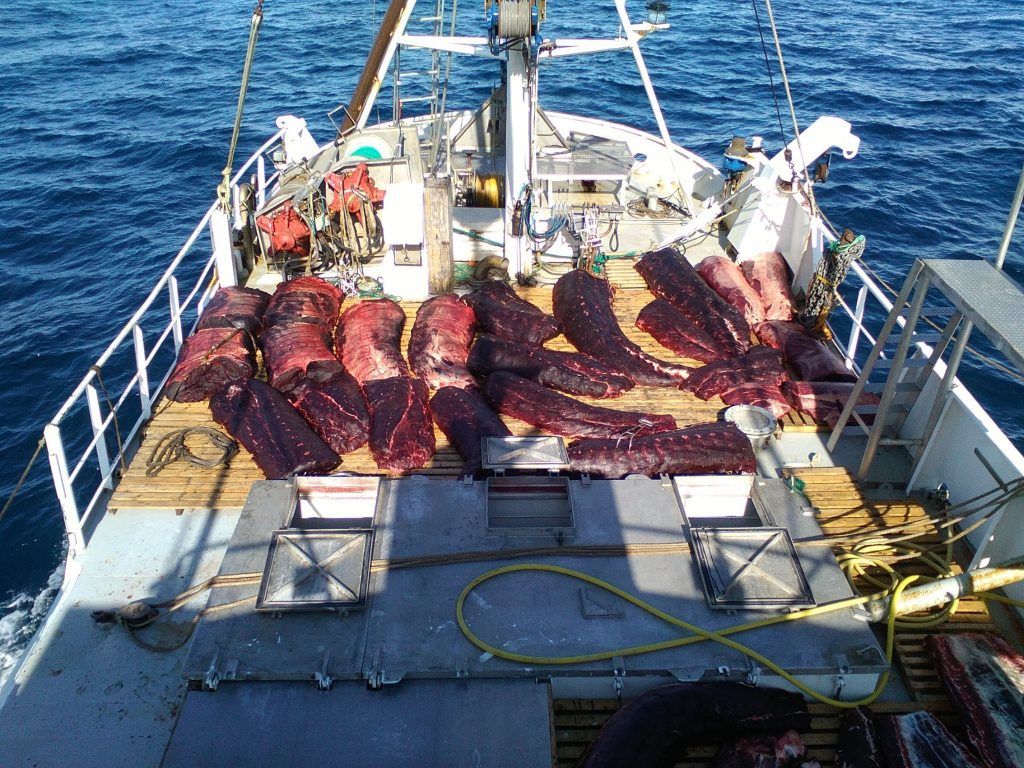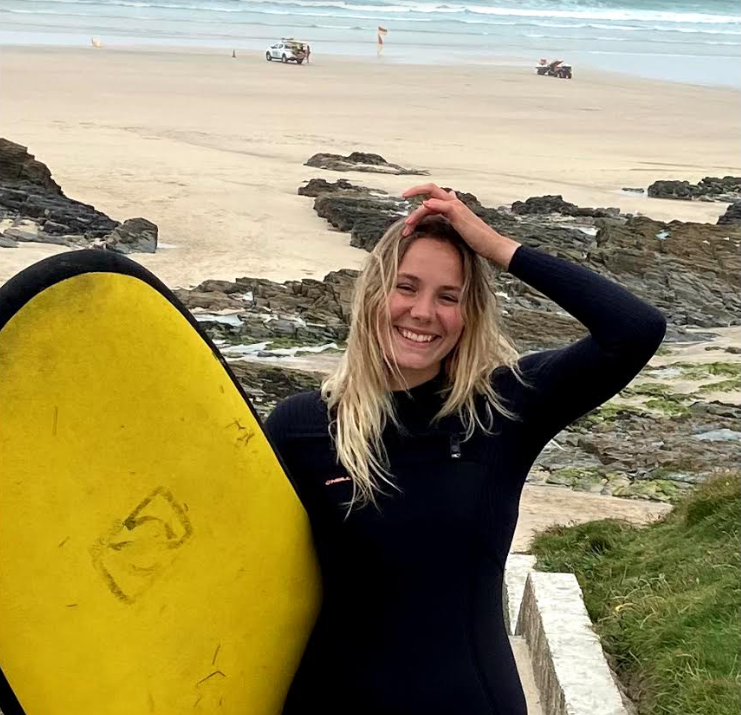ABOUT THE AUTHOR:
Sara Marolt is a final-year Biology student at the University of St. Andrews. She has a great interest in ecology and animal conservation and is particularly looking to specialize in marine conservation. Sara has grown up living by the sea and as she has recently joined the team as a Science Communications Officer, she strongly believes in educating the public on the impact of climate change on marine species. Sara is originally from Sweden but is currently studying in Scotland, often working at the Scottish Ocean Institute.
















